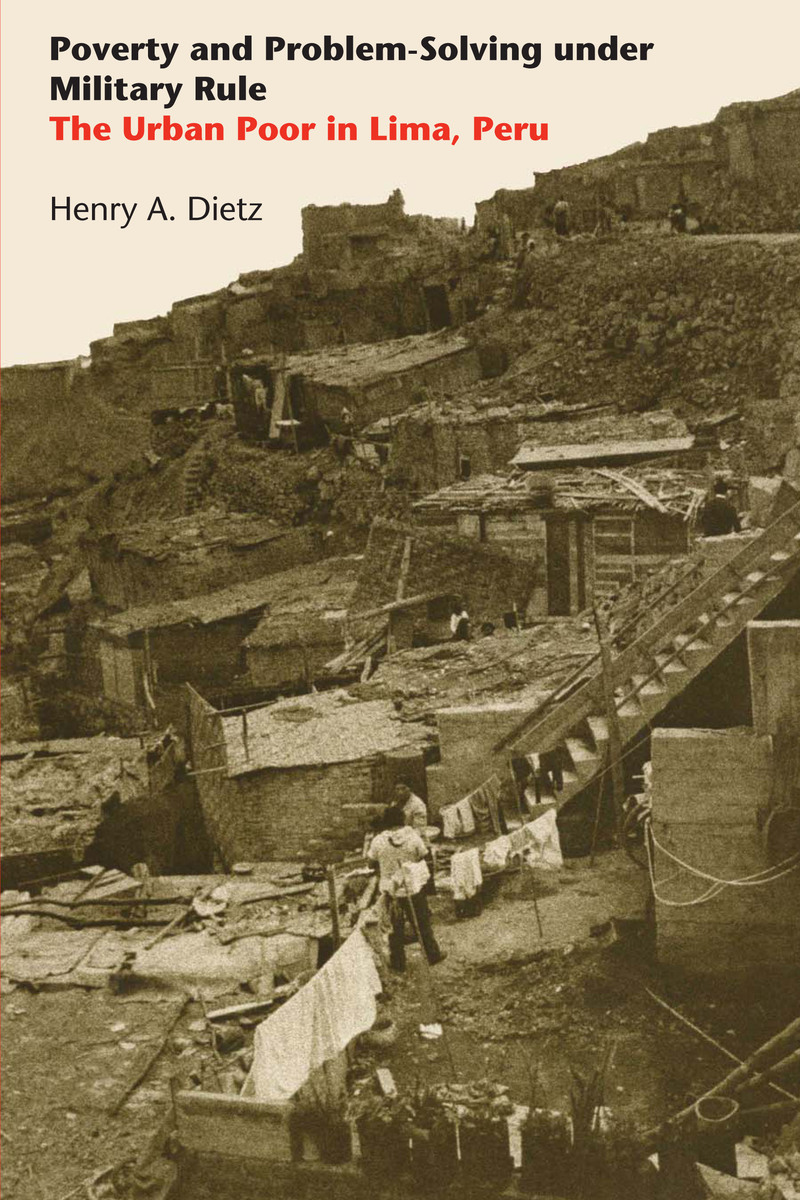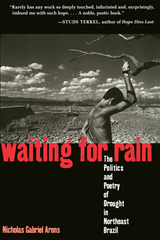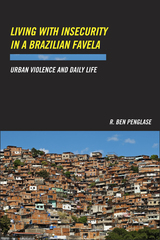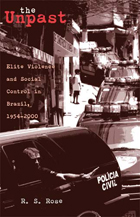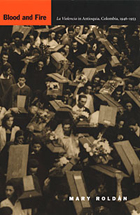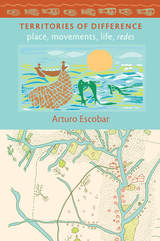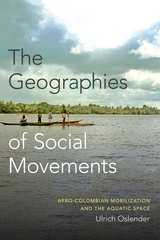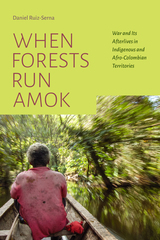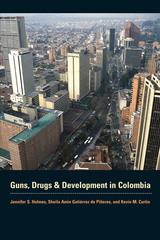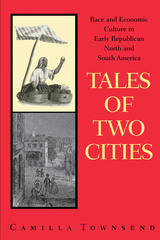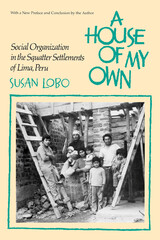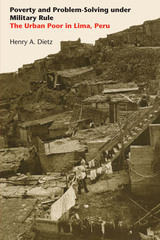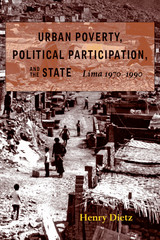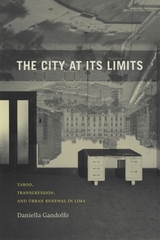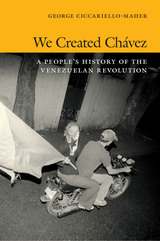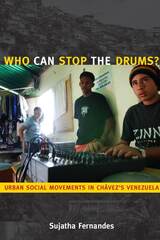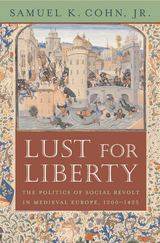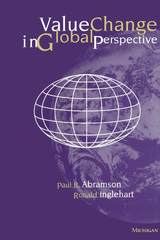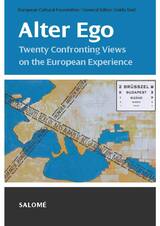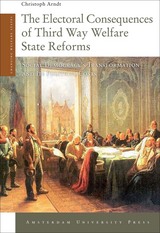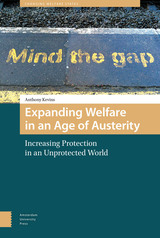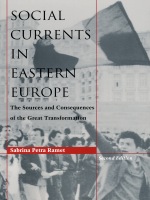Poverty and Problem-Solving under Military Rule: The Urban Poor in Lima, Peru
University of Texas Press, 1980
Cloth: 978-0-292-76460-6 | Paper: 978-1-4773-0766-3
Library of Congress Classification HN350.L5D53
Dewey Decimal Classification 306.2085
Cloth: 978-0-292-76460-6 | Paper: 978-1-4773-0766-3
Library of Congress Classification HN350.L5D53
Dewey Decimal Classification 306.2085
ABOUT THIS BOOK | AUTHOR BIOGRAPHY | TOC
ABOUT THIS BOOK
Many countries in Latin America have experienced both rapid urbanization and military involvement in politics. Yet few studies examine how military regimes react to the political pressures that wide-spread urban poverty creates or how the poor operate under authoritative rule. Henry Dietz investigates Lima’s poor during the “revolution” of General Juan Velasco (1968–1975). His study examines both the structural conditions promoting poverty and the individual consequences of being poor. The poor join together in several ways to resolve politicized communal needs; Dietz’s data indicate that the local neighborhood plays a crucial role in determining modes of involvement. Considerable attention is given to government attempts to encourage and control political activities by the poor. Dietz analyzes the failure of SINAMOS, the regime’s mobilization agency, and in so doing raises general questions about corporatist solutions to social problems. The wide range of original survey, informant, and ethnographic data provides much new information on elite-mass relationships in contemporary Latin America. Dietz’s research illuminates much that is of concern to scholars and planners dealing with urbanization, poverty, and social policy formation.
See other books on: Authoritarianism | Peru | Political participation | Poor | Poverty
See other titles from University of Texas Press
